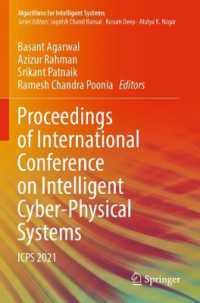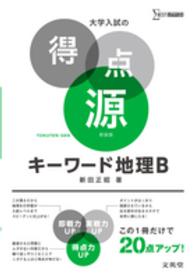Description
(Short description)
The principle of justice, the effective prevention of crime, and the rule of law demand that it cannot be accepted that a person who has gained wealth through crime is allowed to enjoy the fruits of his criminal activities. During the last four decades, significant efforts have been made, both on the international and national levels, to develop fair and efficient rules enabling the authorities to forfeit assets derived from crime. However, the vast majority of legal systems throughout Europe have not succeeded in upholding this important aspect of the rule of law. The purpose of this book is to get the reader acquainted with different Non-Conviction-Based Confiscation legislation models (NCBC), to analyze the diverse structural issues and human rights issues that NCBC legislation raises in a European context, and to discuss and carve out some guidelines for legislating NCBC.
(Text)
The principle of justice, the effective prevention of crime, and the rule of law demand that crime should not pay: it cannot be accepted that a person who has gained wealth through crime is allowed to enjoy the fruits of his criminal activities.During the last four decades, significant efforts have been made, both on the international and national levels, to develop fair and efficient rules enabling the authorities to forfeit assets derived from crime. However, the vast majority of legal systems throughout Europe have not succeeded in upholding this important aspect of the rule of law. The European Commission held in 2012 that »confiscation of criminal assets remains underdeveloped and underutilized« in the EU Member States, and that »there is a significant underutilisation of asset confiscation laws throughout the EU«. The main reason why confiscation legislation has proven inefficient lies in the many difficulties in reaching a criminal conviction of the offender. In order to remedy this situation, new strategies are emerging. One of the most radical but at the same time efficient legal tools that has been developed to overcome the »criminal conviction problem« is the introduction of rules enabling confiscation without a former criminal conviction: Non-Conviction-Based Confiscation (NCBC).The purpose of this book is to get the reader acquainted with different NCBC legislation models, to analyze the diverse structural issues and human rights issues that NCBC legislation raises in a European context, and to discuss and carve out some guidelines for legislating NCBC. This book is essential reading for policy makers, practitioners, and academics throughout Europe who believe that crime should not pay.
(Table of content)
Jon Petter RuiIntroductionStefan D. CassellaCivil Asset Recovery - The American ExperienceIan SmithCivil Asset Recovery - The English ExperienceRobert EsserA Civil Asset Recovery Model - The German Perspective and European Human RightsMichele Panzavolta / Roberto FlorA Necessary Evil? The Italian »Non-Criminal System« of Asset ForfeitureJohan BouchtCivil Asset Forfeiture and the Presumption of Innocence under Art. 6(2) ECHREls De BusserConfiscation and Data Protection - The Bare NecessitiesAlan Bacarese / Gavin SellarCivil Asset Forfeiture in PracticeJoachim VogelThe Legal Construction that Property Can Do Harm - Reflections on the Rationality and Legitimacy of »Civil« ForfeitureJon Petter Rui / Ulrich SieberNCBC in Europe - Bringing the Picture TogetherList of Authors and Editors
(Author portrait)
Professor Jon Petter Rui is professor of economic criminal law, criminal procedural law and human rights at the Faculty of Law, University of Bergen, Norway. He has published several books and articles within his field of interest. Professor Rui has been appointed by the Norwegian Government to draft law proposals on non-conviction-based confiscation. He is the head of the law commission which drafts new anti-money laundering/terror financing legislation for Norway.








